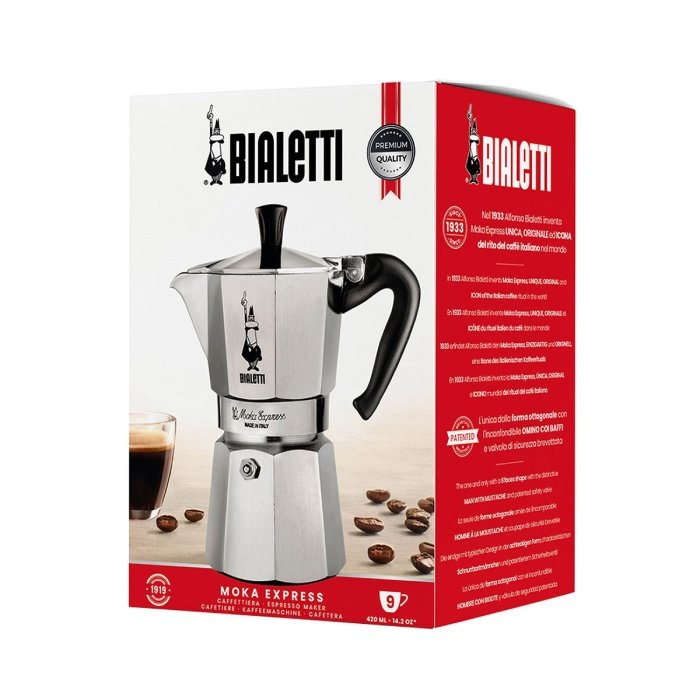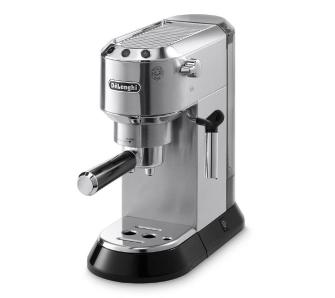Formula 1 in Warsaw, is
it possible?
You can say, never
ever…., but try to imagine how many opportunities it can give our city. It
seems crazy but LG company proposed this idea in 2009. In the end, they were
unfortunately unsuccessful but I can show you the design project of the
proposed track
Formula one is not only
a race... Thousands of visitors, hundreds of journalists and the same number of
car team crew. In addition, the prestige of the possibility of saying that
Warsaw is a grand prix city. It all results in a lot of benefits.
But are we ready for
it?
Yes! Look, during Euro
2012 the whole city was adapted for welcoming visitors. Many hotels and motels
were opened directly for this event. I think you remember that in the centre of
the capital of Poland we had quite a nice party zone called “Strefa Kibica”.
Grand prix is a shorter
event. One week and that’s all. So it doesn’t kill the city for the whole
summer vacation. But the one problem will be the location. I’m pretty sure that
if we want this kind of entertainment we need to invest a lot of money and
probably even more time. It also affects the quality of life during
construction works. I mean that if the correct private and government organs
choose the right place for the race, other people need to design a new surface
with correct width of the track with possibility to let’s say, fast adaptations
for the race.
Please look at the
video of the race track in Monaco
also you can read the
article about the Singapore GP in which you can find information about
preparing Marina Bay into an F1 street race.
For now there are more
cities which want to host the GP than all rounds of F1 races during one racing
season. Our city would have to rival with for example Paris. Another bad piece
of information is prices. How many Polish people will buy a ticket for 200
euro? Is our city rich enough to pay something like 20 million euro for a
licence? And that’s nothing compared with the required documentation. There are
extra costs of designing and building the track etc. In all benefits there’s
the same number of expenses. In the end Warsaw can gain a lot. But is it ready
for it? How do you feel about this idea? Would you be interested in working on
this project or attending as a spectator?






